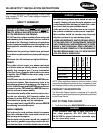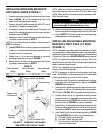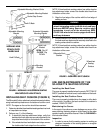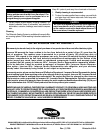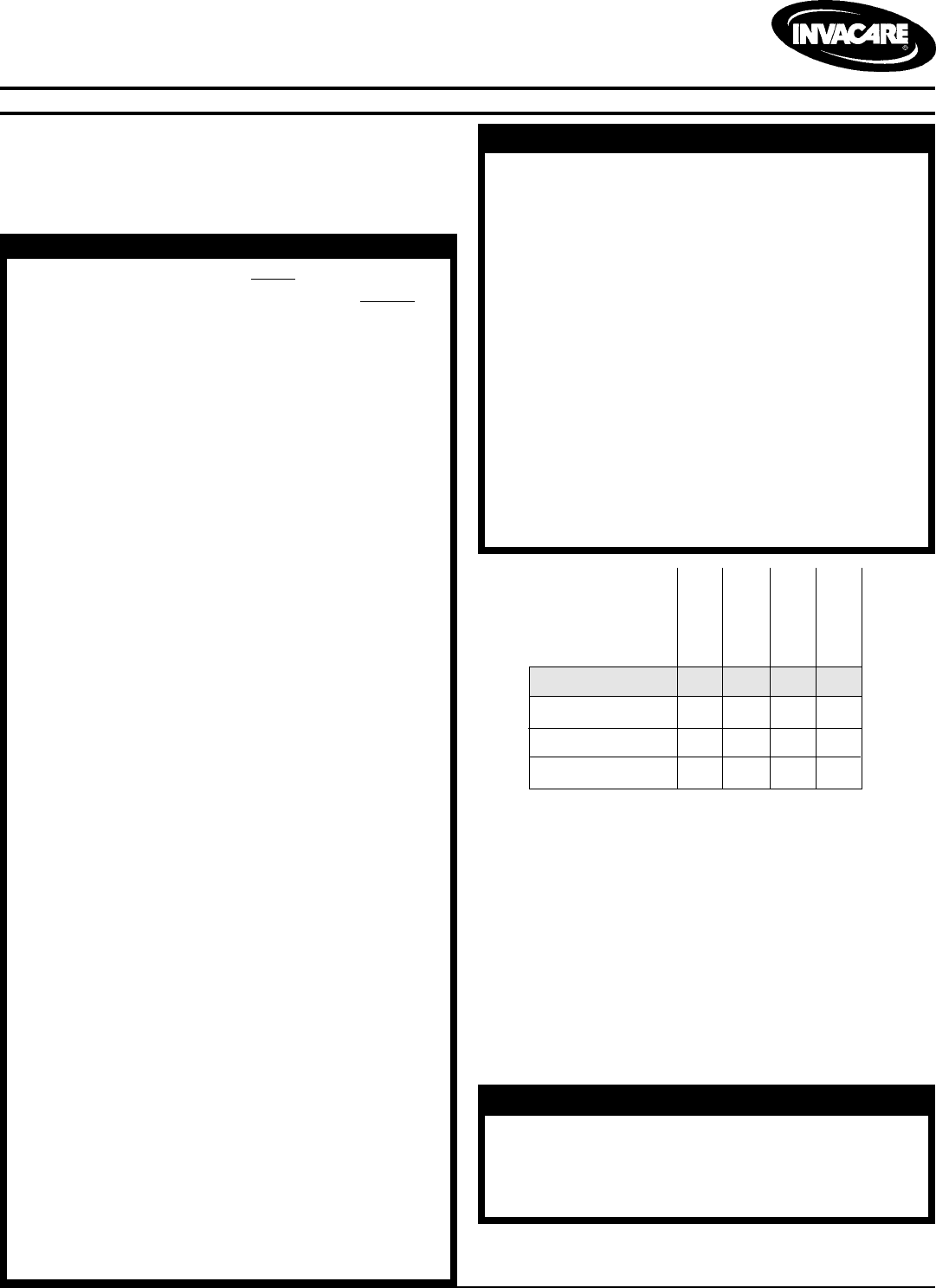
1
Assembly, Installation, and Operating Instructions
SILHOUETTE™ INSTALLATION INSTRUCTIONS
Back Angle ● ✓ N/A ✓
Rear Wheels ✓ ● N/A ✓
Seat Depth N/A ✓ ● ✓
Wheel Locks ✓✓✓●
NOTE: When adjusting a feature in left hand column, follow
across the shaded area and refer to the
✓
procedure to main-
tain the proper stability, safety and handling of the wheelchair.
Back Angle
Rear Wheels
Seat Depth
Wheel Locks
WARNING (continued)
All cushions used for the prevention or treatment of
decubitus ulcers (pressure sores) should be selected
carefully. Working with your therapist, physician and
cushion supplier is the best way to assure that a cush-
ion choice matches your individual needs.
As the needs of the client become more complex,
the cushion evaluation becomes more important.
Skin condition should be checked very frequently
after the provision of any new seating system
AS REGARDS RESTRAINTS - SEAT POSITIONING STRAPS -
IT IS THE OBLIGATION OF THE DME DEALER, THERAPISTS
AND OTHER HEALTH CARE PROFESSIONALS TO DETER-
MINE IF A SEAT POSITIONING STRAP IS REQUIRED TO
ENSURE THE SAFE OPERATION OF THIS EQUIPMENT BY
THE USER. SERIOUS INJURY CAN OCCUR IN THE EVENT
OF A FALL FROM A WHEELCHAIR.
PRODUCT DESCRIPTION
The Silhouette Seating System is designed to fit a specific
client based on seating and positioning simulation performed
on the Shape Sensor.
DRY FITTING THE CLIENT
1. Dry fit client. Refer to the SHAPE SENSOR owner's manual.
WARNING
If the Silhouette seat and/or back does not fit
the client properly, DO NOT USE. Contact
INVACARE for proper instruction, otherwise injury
to the client may occur.
NOTE: Check all parts for shipping damage. In case of ship-
ping damage, DO NOT use. Contact equipment supplier for
further instruction.
SAFETY SUMMARY
WARNING
SILHOUETTE SEATING SYSTEMS MUST BE INSTALLED BY A
TRAINED AUTHORIZED INVACARE DEALER. NEVER AT-
TEMPT TO INSTALL A SILHOUETTE SEATING SYSTEM WITH-
OUT THE PROPER INVACARE TRAINING.
DO NOT use this equipment without first reading and
understanding these instructions. If you are unable to
understand the Warnings, Cautions and Instructions,
contact equipment supplier before attempting to use
this equipment, otherwise injury or damage may re-
sult.
Stabilize from the ground up. A stable base, pelvis and
footrests are requirements for any torso positioning sys-
tem.
Make sure that ALL hardware are tight at ALL times.
STABILITY
The position of back angle, rear wheels, seat depth
and wheel locks are directly related to wheelchair
stability. Any change to one (1) or any combination
of the four (4) may cause the wheelchair to decrease
in stability. Use EXTREME caution when using a new
seating position.
ALWAYS make sure wheelchair is stable BEFORE reclin-
ing the back system. Rear wheels may have to be
repositioned rearward depending on the degree of
recline. ALWAYS ensure stability BEFORE using maximum
amount of recline. TEST wheelchair BEFORE it is occu-
pied by end user to ensure stability.
To maintain the stability of the wheelchair when mov-
ing the rear wheels to ANY forward position, the
amount of recline MUST be limited to prevent the
wheelchair from tipping onto the anti-tippers.
The necessary back angle MUST be selected BEFORE
repositioning rear wheels forward.
SEATING PRESSURES
The best way to avoid problems related to pressure
sores is to understand their causes and your role in a
skin management program.
Your therapist and physician should be consulted if
you have any questions regarding weight relief, self-
examination of skin, or individual limitations and needs.



